Theatre Topics: Special Issue on Graduate Education
The editors of Theatre Topics are pleased to announce a call for submissions to the journal’s upcoming Special Issue on graduate education. The deadline for submissions is October 15, 2018. Early submissions are encouraged.
Since the economic crisis of 2008, tenure-stream academic positions in the arts and humanities have declined sharply, graduate student debt continues to escalate at a feverish pace, and we live within a historical moment in which arts and education funding are under political attack. Harvey Young’s 2017 presidential address to ATHE notes that several graduate programs face imminent threats including a loss of funding support and program closure.
As a response to the particularly heightened vulnerability of our programs, several Theatre & Performance Studies graduate faculty and students are working to forge new possibilities for graduate education in the field. Programs are increasingly scaffolding pedagogical training, theatrical practice, digital humanities, and new technologies into their courses of study. Graduate students seek political engagement with their institutions in order to fight the growing numbers of adjuncts and administrators hired at the expense of assistant professors, most recently through growing unionization efforts. Simultaneously an industry of career experts seek to inform administrators, students, and faculty about the ways that theatre and performance studies skill sets can be practiced in non-theatre or “alt-ac” workspaces.
Theatre Topics seeks submissions for a special issue on pedagogies, curriculum revisions, professional development, and performance practices in theatre and performance studies graduate programs across the globe. Essays should explore emergent research, educational theories, and classroom practices for training graduate students, strategies for careers within and beyond the academy, and the role of performance in graduate education. Essays might explore but are not limited to the following:
- Faculty roles as mentors, advisors, and supervisors.
- The precarity of the academic job market and training for careers beyond the professoriate.
- Public engagement and the social value of graduate research in theatre
- Best practices for serving traditionally underrepresented graduate students
- Applying performance methodologies and practice-as-research to fields outside of the arts.
- Potentials of intermedia and digital humanities technologies in graduate education
- Structural changes to comprehensive and qualifying exams, thesis, and dissertation defenses, and other components of the graduate curriculum
- Bridging relationships between M.F.A. programs and Ph.D. or D.F.A. programs
- The limitations or failures of graduate theatre programs to effect pedagogical change.
For information about submission, visit our website: http://www.press.jhu.edu/journals/theatre_topics/guidelines.html.
Feel free to contact the editor with any questions or inquiries:
Noe Montez, Co-Editor, Theatre Topics at noe.montez@gmail.com.
Theatre Topics is an official publication of the Association for Theatre in Higher Education (ATHE).
